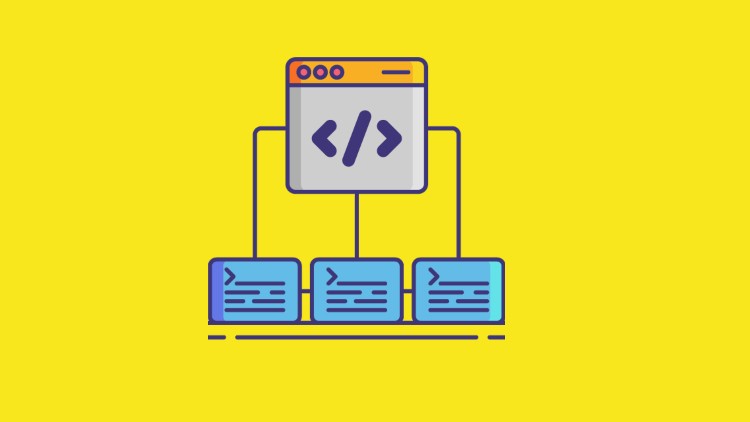
Learn Key Programming Skills
What you will learn
Expressions
Statements
Comments
Data Types
Casting Data Types
Variables
Python List
Python Dictionary
Python Operators
Conditional Statements
Loops
Functions
Expressions
Statements
Comments
Data Types
Casting Data Types
Variables
Python List
Python Dictionary
Python Operators
Conditional Statements
Loops
Functions
Description
Programming is the process that professionals use to write code that instructs how a computer, application or software program performs. At its most basic, computer programming is a set of instructions to facilitate specific actions. If you’re wondering what a computer programmer is, it’s a professional that creates instructions for a computer to execute by writing and testing code that enables applications and software programs to operate successfully.
Computers can do amazing things, from basic laptops capable of simple word processing and spreadsheet functions to incredibly complex supercomputers completing millions of financial transactions a day and controlling the infrastructure that makes modern life possible. But no computer can do anything until a computer programmer tells it to behave in specific ways. That’s what computer programming is all about.
At its most basic, computer programming is little more than a set of instructions to facilitate specific actions. Based on the requirements or purposes of these instructions, computer programming can be as simple as adding two numbers. It can also be as complex as reading data from temperature sensors to adjust a thermostat, sorting data to complete intricate scheduling or critical reports or taking players through multi-layered worlds and challenges in games.
What is Python?
Python is a popular programming language.
It is used for:
- web development (server-side),
- software development,
- mathematics,
- system scripting.
What can Python do?
- Python can be used on a server to create web applications.
- Python can be used alongside software to create workflows.
- Python can connect to database systems. It can also read and modify files.
- Python can be used to handle big data and perform complex mathematics.
- Python can be used for rapid prototyping, or for production-ready software development.
Why Python?
- Python works on different platforms (Windows, Mac, Linux, Raspberry Pi, etc).
- Python has a simple syntax similar to the English language.
- Python has syntax that allows developers to write programs with fewer lines than some other programming languages.
- Python runs on an interpreter system, meaning that code can be executed as soon as it is written. This means that prototyping can be very quick.
- Python can be treated in a procedural way, an object-oriented way or a functional way.
Programming is the process that professionals use to write code that instructs how a computer, application or software program performs. At its most basic, computer programming is a set of instructions to facilitate specific actions. If you’re wondering what a computer programmer is, it’s a professional that creates instructions for a computer to execute by writing and testing code that enables applications and software programs to operate successfully.
Computers can do amazing things, from basic laptops capable of simple word processing and spreadsheet functions to incredibly complex supercomputers completing millions of financial transactions a day and controlling the infrastructure that makes modern life possible. But no computer can do anything until a computer programmer tells it to behave in specific ways. That’s what computer programming is all about.
At its most basic, computer programming is little more than a set of instructions to facilitate specific actions. Based on the requirements or purposes of these instructions, computer programming can be as simple as adding two numbers. It can also be as complex as reading data from temperature sensors to adjust a thermostat, sorting data to complete intricate scheduling or critical reports or taking players through multi-layered worlds and challenges in games.
What is Python?
Python is a popular programming language.
It is used for:
- web development (server-side),
- software development,
- mathematics,
- system scripting.
What can Python do?
- Python can be used on a server to create web applications.
- Python can be used alongside software to create workflows.
- Python can connect to database systems. It can also read and modify files.
- Python can be used to handle big data and perform complex mathematics.
- Python can be used for rapid prototyping, or for production-ready software development.
Why Python?
- Python works on different platforms (Windows, Mac, Linux, Raspberry Pi, etc).
- Python has a simple syntax similar to the English language.
- Python has syntax that allows developers to write programs with fewer lines than some other programming languages.
- Python runs on an interpreter system, meaning that code can be executed as soon as it is written. This means that prototyping can be very quick.
- Python can be treated in a procedural way, an object-oriented way or a functional way.